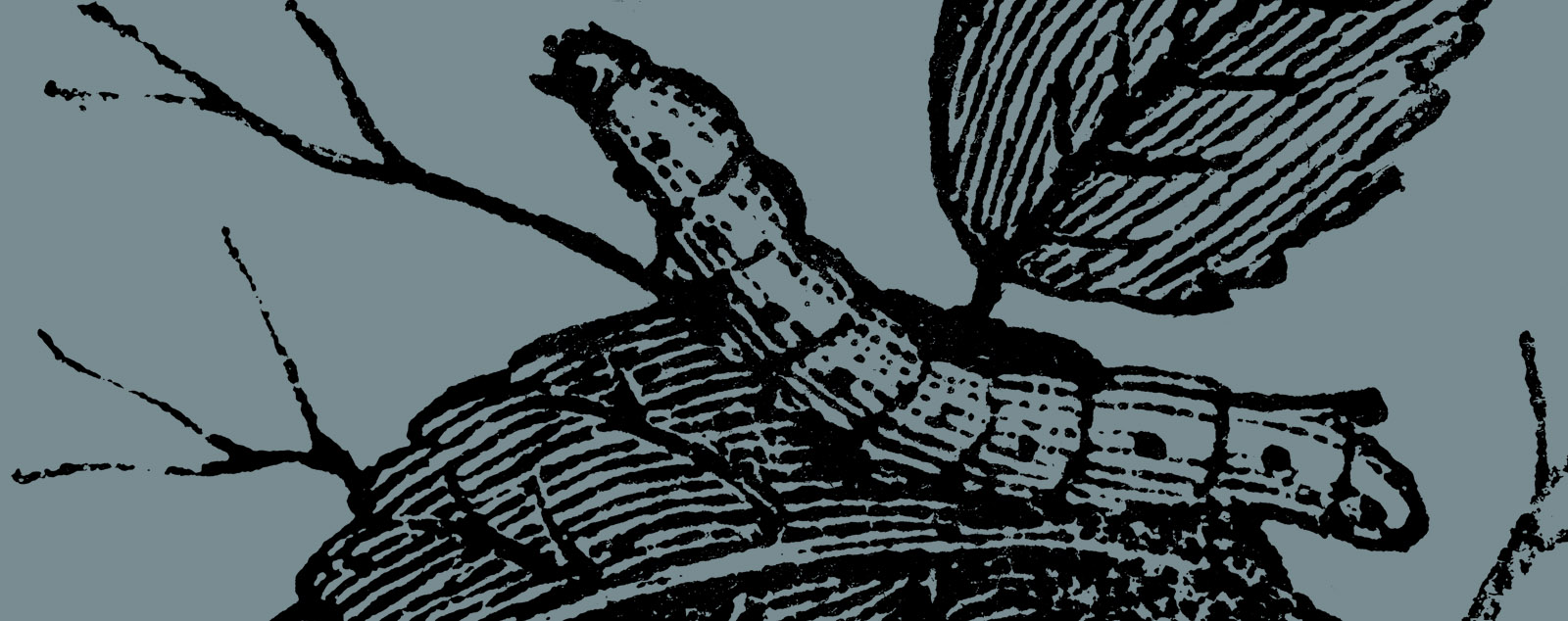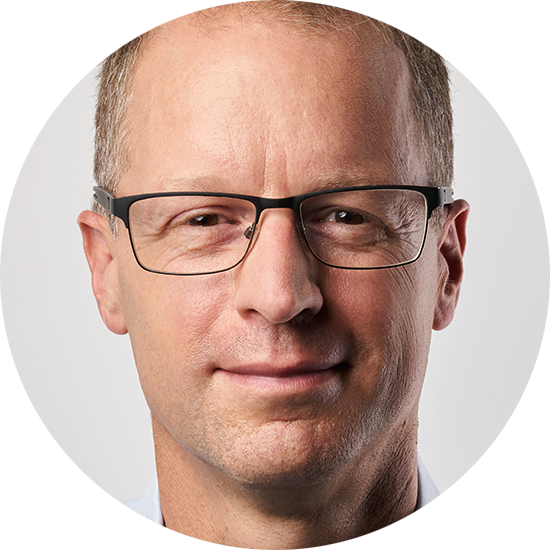

TRANSITION
Have I lost my edge?
As my main professional career recedes into the past, new priorities emerge.
Before I left PwC, I was chatting with a colleague who said of my decision to retire early, ‘Aren’t you afraid of losing your edge?’. He went on to explain, ‘Several partners I know who’ve retired, I’ve met a couple of years later, and they seem to have lost a certain spark.’
This struck a nerve, because this was, indeed one of the fears I had.
The distortions caused by success addiction
Most successful professionals have a strong achievement orientation, instilled from an early age. We don’t need to spend too long on the psychiatrist’s couch to understand that often we latch onto the praise received for exams passed, projects won, professional status attained as compensation for other unmet emotional needs. As a result, success addiction is a real thing amongst the professional classes. The need for affirmation becomes woven into our psychology until it becomes part of who we are. This is reinforced by the physiological addiction to adrenalin. Indeed, the reason my colleague’s comment struck a nerve was because it could more directly be translated as: ‘What will you be without the success of your career?’
At PwC we used to run a course for new partners called The Partner Survival Course (it was about how to survive being a partner, not being with your partner). Central to this course was a simple diagram comprising three circles called work, health, and relationships, that need to fit within the overall circle that represents our total life energy. The simple premise was that most people who have what it takes to become a partner at PwC pay a price by allowing the life energy devoted to work to crowd out that devoted to health and relationships.
The course focussed on ways we could improve this balance our lives. A perfectly balanced triad won’t be for everyone, but many professionals would benefit from a reallocation of focus.
Plus ça change
When I became a partner at PwC, although I was starting to realise the misalignment between my values and the focus of my energy, this distorted diagram would’ve described me well. I still remember the feeling of heartburn when standards of quality within our practice, or levels of client service, weren’t what I wanted them to be.
And this is why change is hard. For while many of us would say that health and relationships are more important than work, the focus of our energy tells a different story. And this is because, for successful professionals our work isn’t just what we do, it is who we are. This is why, as John Stokes and Jan Hall have identified in their book Changing Gear, many professionals face the psychological equivalent of vertigo when the work part of their identify is stripped from them.
I knew this was coming, and so prepared for it — well I had thought. For over a decade while still at PwC I had made conscious attempts to balance my circles. But old habits die hard, and in autumn 2021 I had a test.
The test
After the summer I found that I’d overcommitted in the professional areas of my life. A mix of FOMO, over-optimism, and the old desire for achievement, had caused me to take on too many projects. Something had to give. With the old me, it would’ve been my health or relationships that bore the brunt of the compromise. This time I was clear this wouldn’t be the case. Instead I sat down and applied a scalpel to my professional obligations, having prioritised their importance to me. I withdrew from one project where I was still able to, deferred another, and did a further one to a good enough, not great, standard. I also took an extended break from writing for The Gosling Factor, figuring that if I had something interesting to say, my readers would still be there when I returned.
What I didn’t cut out was my regular tennis and cycling, my cycling trip to Mallorca, the holiday in Madrid with my son, and other numerous opportunities for personal enrichment and connections in other areas of my life. Yes, for six weeks I worked more than I’d planned when I retired, but I got through with a sense of balance and control, having made active choices about what I wanted to do, letting others down (professionally) where necessary, rather than being dictated to by the wishes of others. The world didn’t end.
It felt quite different from crunches of the past, which could leave me exhausted and even tearful, my life being dictated by apparently irresistible forces. Still present was the professional commitment and desire to do a great job, to have impact, to fulfil obligations to colleagues. But gone was the ulcerating anxiety and adrenaline-fuelled conviction that unless I was operating at the max to do everything for everyone, I was somehow not me. In a way it felt a bit more selfish, prioritising according to my own preferences rather than other people’s.
Is this losing my edge? Perhaps, but if so, I view it as a victory. Because there’s another thing that happens when we lose our edge.
We become more rounded.
